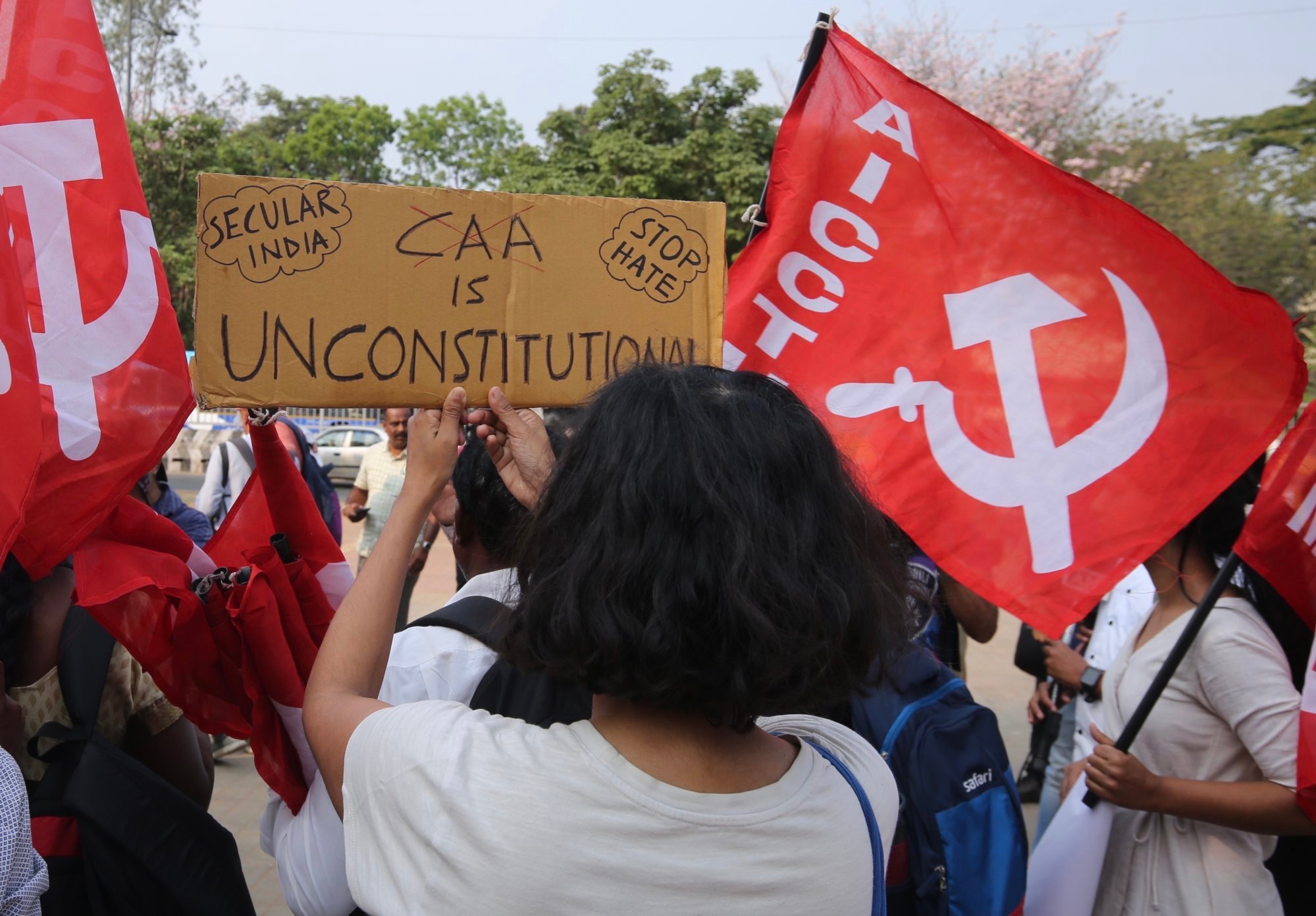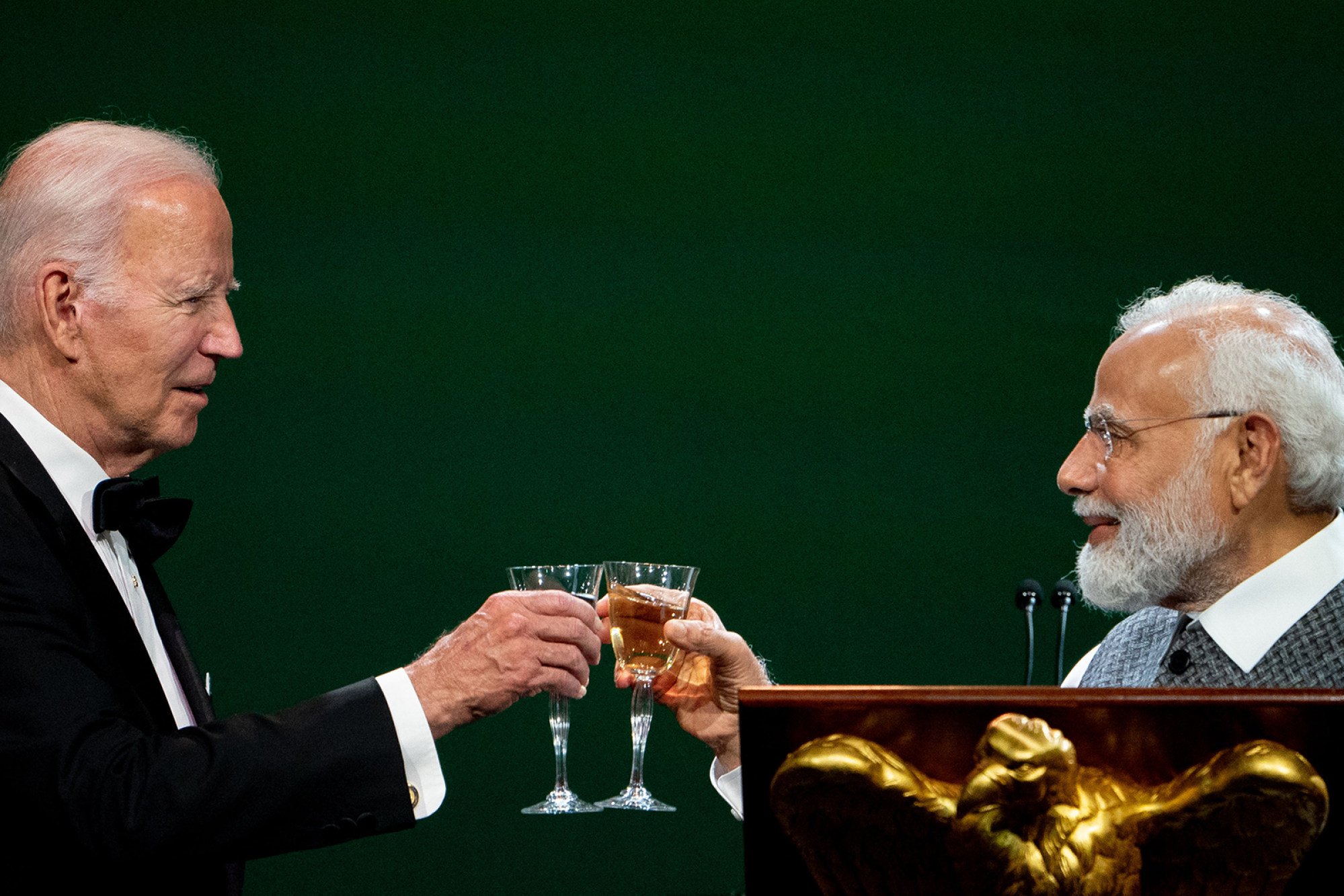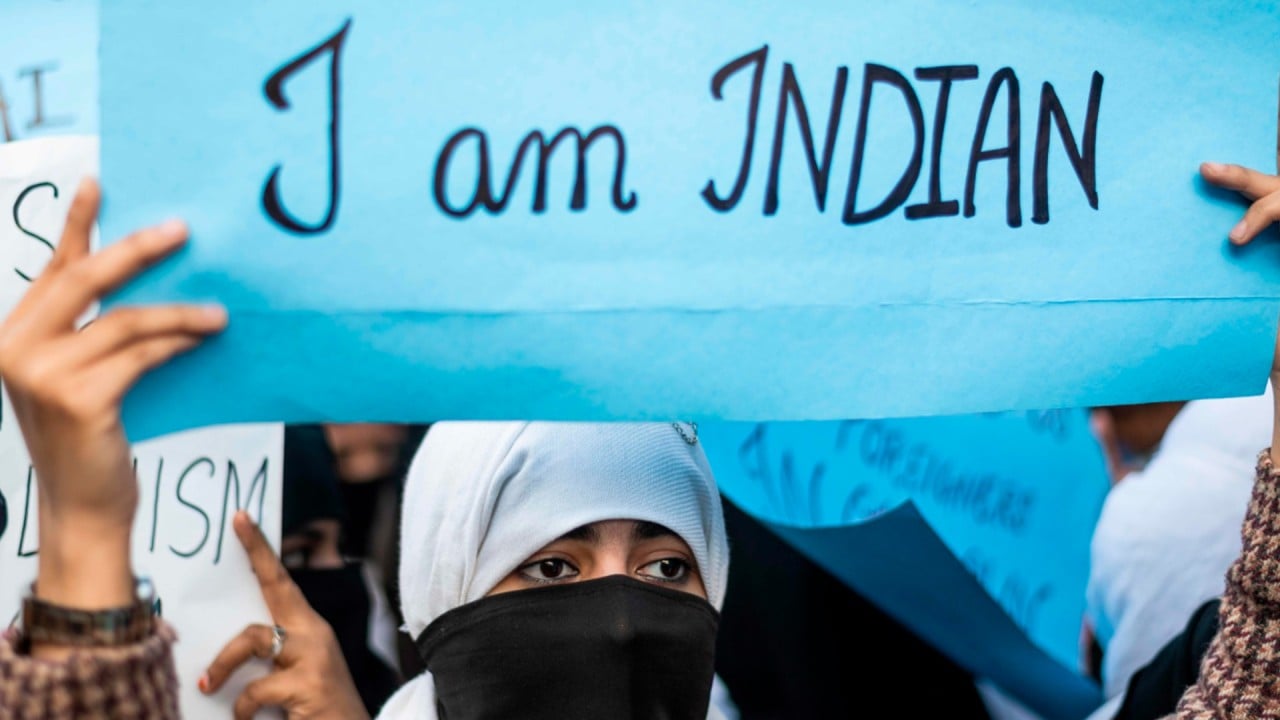“For all the rhetoric about a relationship with shared values, it’s the shared interests that drive the partnership,” Kugelman said.

Kejriwal, leader of the opposition Aam Aadmi Party, was arrested on March 21 on allegations of corruption linked to an alleged alcohol excise scam. Several other senior members of his party have also been arrested in relation to the case.
India’s Ministry of External Affairs lodged a “strong objection” over the US diplomat’s remarks and chided the US for not being “respectful of the sovereignty and internal affairs of others”.
US Ambassador to India Eric Garcetti said on March 15 that the US “can’t give up on principles”, adding that the principle of religious freedom and equality was a cornerstone of democracy.
Just days before Biden’s letter, the US Embassy in India invited several Kashmiris for an iftar celebration, prompting members of India’s ruling Bharatiya Janata Party to say the US had crossed a “red line”.
Many of those invited to the embassy had opposed New Delhi’s 2019 decision to revoke Article 370, a law that granted special autonomous status to the regions of Jammu and Kashmir.
Cross-border terrorism still a barrier to India-Pakistan formal dialogue
Cross-border terrorism still a barrier to India-Pakistan formal dialogue
Washington has tended to “de-hyphenate” its relationships with New Delhi and Islamabad in recent years, Kugelman said of Biden’s outreach to Pakistan.
“It pursues ties with each of them on different tracks, and is looking to reframe its relations with Islamabad through a non-security lens,” he said, adding that the US was working with the new government in Pakistan to build a “modest relationship that isn’t invested with nearly as much strategic significance as its partnership with New Delhi”.
Kanchi Mathur, a geopolitical risk analyst whose research focused on the Indo-Pacific, said Biden’s letter to Pakistan was a “classic diplomatic balancing act” that was likely aimed at “raising eyebrows” and creating “minor anxieties” in India.
She noted it was unlikely that the US would let its relations with India “break down”, but might slow US-India diplomatic overtures in the near term.
India would be closely monitoring Washington’s renewed interest in the new Pakistani government, wrote Yogesh Gupta, former ambassador and Ministry of External Affairs secretary, in a letter published last Tuesday in India’s Deccan Herald newspaper.
“If the US decides to resume military assistance to Pakistan in any meaningful manner, such as the supply of a new generation of fighter aircraft, missiles, long-distance artillery, and mountain guns, then India would certainly object,” he wrote.
There is a political commitment to keep the [US-India] relationship moving
Over the years, a connection has emerged between India and the US, and the growth in ties had further strengthened their relations, said Rajeev Ranjan Chaturvedy, an associate professor of international studies at Nalanda University in India’s Bihar state.
“There is a political commitment to keep the [US-India] relationship moving,” he said, adding that scepticism in the US and the West about India’s democratic values largely stemmed from a lack of understanding.
“Democratic institutions and values are very strong in India and one needs to visit and spend time in India to experience it,” Chaturvedy said.

The US State Department described Washington’s relationship with India as “one of the most strategic and consequential” of the 21st century, adding that it welcomes New Delhi’s emergence as a leading global power and a vital partner in promoting a peaceful, stable, and prosperous Indo-Pacific region.
“US-India strategic cooperation will be stronger in the future and this relationship is here to stay,” Chaturvedy said.
Both sides have disagreed on a number of international issues, even with US-India ties “arguably at their highest level”, said Don McLain Gill, a lecturer of international studies at De La Salle University in the Philippines.
Noting that it is essential for the US and India to develop a new framework for major power relations, Gill said this should take into account shared goals and interests.
“Only by operationalising such a framework can both sides maximise … [and] strengthen their partnership,” he added.


